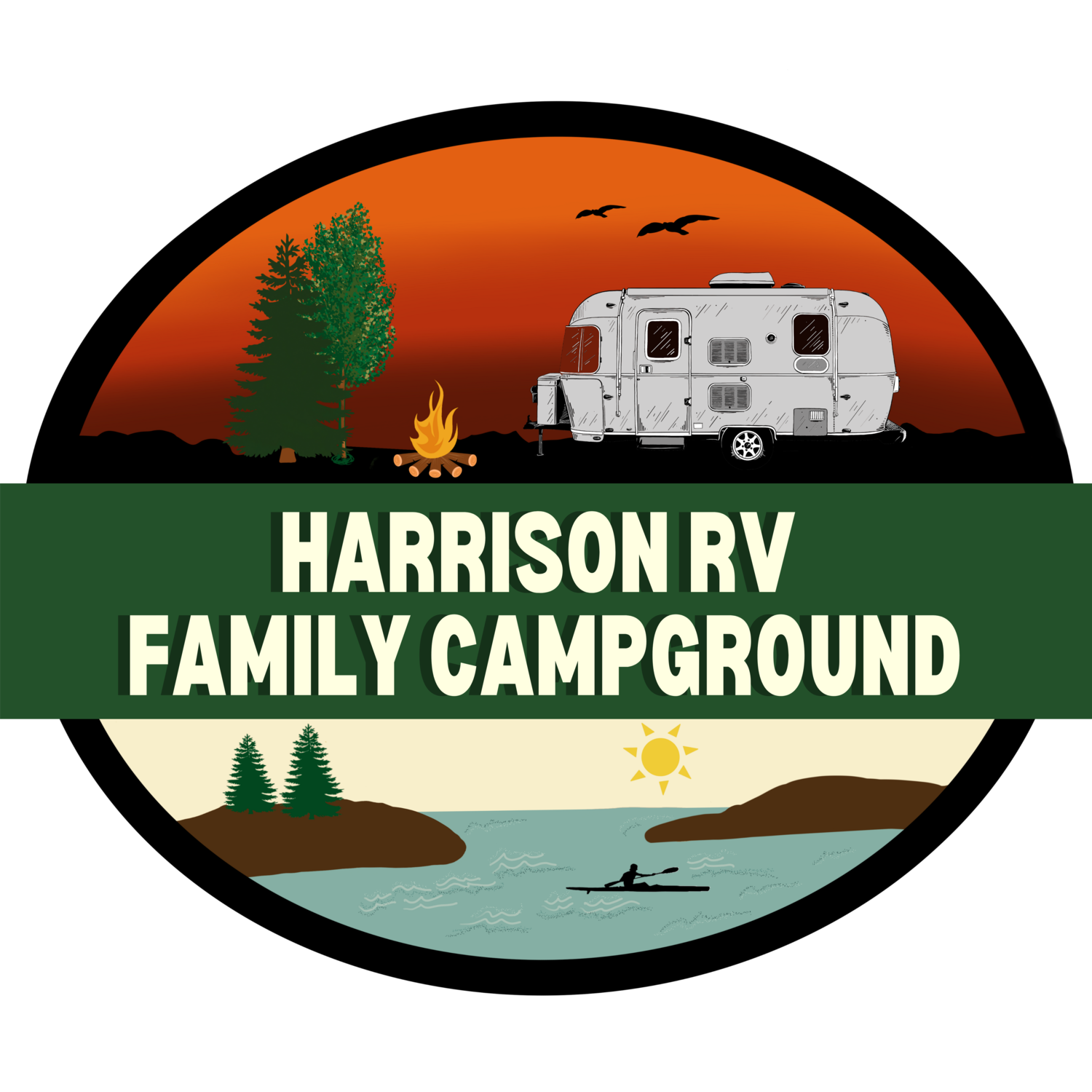Winter Camping Safety Guidelines and Camping Safety Tips for All Seasons
Camping is an exhilarating adventure that brings us closer to nature, regardless of the season. Whether you're venturing into the snowy wilderness of winter or enjoying the warmth of summer, safety should always be a top priority. In this blog, we'll explore essential winter camping safety guidelines and provide camping safety tips and precautions that apply to all seasons. Whether you're a novice or an experienced camper, these guidelines will help ensure your outdoor adventures are not only enjoyable but also safe.
Winter Camping Safety Guidelines
Embrace the Cold with Confidence
1. Layer Up: Dress in layers to stay warm and regulate your body temperature. Start with a moisture-wicking base layer, add insulation for warmth, and finish with a waterproof and windproof outer layer.
2. Stay Dry: Wet clothing can lead to hypothermia. Keep moisture out by wearing waterproof boots and gaiters and ensuring your rain gear is up to the task.
3. Proper Gear: Invest in quality cold-weather gear, including a four-season tent, a cold-rated sleeping bag, and insulated sleeping pads to keep you warm at night.
4. Fire Safety: Use a camping stove for cooking, as open fires can be challenging in winter. Bring fire-starting supplies, including waterproof matches and firestarter sticks.
5. Stay Informed: Monitor weather forecasts and be prepared for sudden changes. Carry a GPS device or map and compass to navigate safely.
Camping Safety Tips and Precautions
Year-Round Outdoor Wisdom
1. First Aid Kit: Always have a well-equipped first aid kit on hand. Know how to use it and make sure it includes items for treating common camping injuries.
2. Plan and Share Itinerary: Before heading out, inform someone you trust about your camping plans, including your destination, expected return date, and emergency contacts.
3. Leave No Trace: Respect nature by following the Leave No Trace principles. Pack out all trash, minimize campfire impact, and stick to established trails.
4. Wildlife Awareness: Keep a safe distance from wildlife and store food securely to avoid attracting animals to your campsite.
5. Water Safety: If you're camping near water, be cautious. Always purify or filter drinking water, and be aware of currents and water levels.
Harrison RV Family Campground's Commitment to Safety
Safety is a shared responsibility, and Harrison RV Family Campground is dedicated to providing a secure environment for campers.
Campground Staff: The knowledgeable staff is available to assist you and provide guidance on safety measures, including seasonal precautions.
Emergency Contacts: The campground maintains a list of local emergency contacts to ensure swift response in case of unexpected situations.
Safety Education: The campground is happy to provide sources for additional information on safety to help campers stay informed.
Plan Your Safe Camping Trip
To ensure a safe camping experience in every season, visit the official website of Harrison RV Family Campground at https://www.harrisonrvfamilycampground.com/. Here, you can access additional safety resources, check for campground-specific safety guidelines, and get the latest updates on safety initiatives.
Conclusion
Camping is an opportunity to connect with nature and create lasting memories, but it should always be approached with safety in mind. Whether you're camping in the winter chill or the warmth of summer, adhering to essential safety guidelines and precautions ensures that your outdoor adventures remain enjoyable and secure. Harrison RV Family Campground shares your commitment to safety and is ready to assist you in planning a safe and memorable camping trip. Embrace the outdoors, be prepared, and camp with confidence, knowing you're taking the right steps to protect yourself and the environment.


